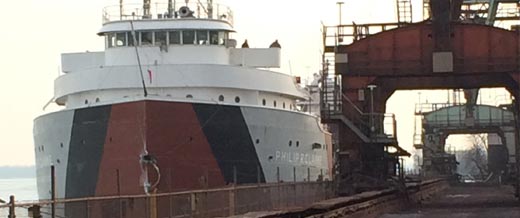 Maritime law, also often referred to as Admiralty Law, is a highly specialized area of the law that covers laws applicable to any activities at sea or in any navigable body of water that could be used for interstate or international transport. Any body of water (ocean, river, lake, canal, etc.) falls under the jurisdiction of maritime law as long as it meets that criteria. This covers incidents such as recreational boating accidents, cargo damage, piracy, wake damage, diving accidents, oil spills, and jet ski accidents. Because there are so many smaller bodies of water that could be covered under maritime law, you can find a maritime lawyer in most states.
Maritime law, also often referred to as Admiralty Law, is a highly specialized area of the law that covers laws applicable to any activities at sea or in any navigable body of water that could be used for interstate or international transport. Any body of water (ocean, river, lake, canal, etc.) falls under the jurisdiction of maritime law as long as it meets that criteria. This covers incidents such as recreational boating accidents, cargo damage, piracy, wake damage, diving accidents, oil spills, and jet ski accidents. Because there are so many smaller bodies of water that could be covered under maritime law, you can find a maritime lawyer in most states.A major part maritime law involves injuries incurred by seamen, divers, longshoremen, cruise ship employees, and boat passengers. For those injured on the job, the Jones Act has been protecting American crewmen since 1920. There will always be occupational hazards involved with working on the water, but the Jones Act was enacted to hold shipping companies accountable for allowing their ships to be more dangerous to work on than they need to be. The Jones Act covers any worker who spend at least 30% of their time working aboard a vessel in navigation. Under the Jones Act, employers are required to pay Maintenance and Cure benefits, which provide injured and ill seamen with money for medical treatments and living expenses while they are recovering.
